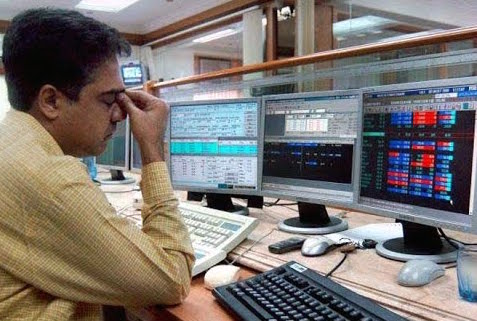Asian tech startups are facing an unprecedented challenge. For the past several years, venture capital investment in Asian startups grew steadily from approximately 100 deals and $1 billion per quarter in 2011 to up to 300 deals and $5 billion per quarter in 2015. But despite Asia having the most mobile users in the world, tech startups are not guaranteed to succeed, making any investment a risky endeavor. In 2016, concern over weakness in the global economy, uncertainty about China’s twice-crashed stock market, and fear of a potential tech bubble bursting in Silicon Valley have heightened the risk and dramatically slowed the flow of venture capital to Asian startups.
China, India, and South Korea are feeling the worst effects of the slowdown. In the first quarter of 2016, venture capital investment in China’s tech startups fell to $1.8 billion from $2.5 billion in the same quarter of 2015, a 28% decrease. India’s tech startups received $736 million in this year’s first quarter, a 17% decrease from the $891 million they received in in the first quarter of 2015. South Korean companies suffered the most drastic percentage loss in venture capital investment. They received $45.8 million in the first quarter of 2016, a 37% decrease from the $72.2 million they received in the same quarter of last year.
Responding to the significant decreases in funds, several Asian startups have shutdown altogether while others have been forced to take substantial cost-saving measures.
Weichiashi, a Shanghai-based corporate crowdsourcing platform, decided to cut even the most trivial expenses like snacks and beverages for employees. Where employees were once treated to a company-sponsored trip to Thailand that was paid for with $3 million in easily raised funding, they now receive only one monthly birthday party with a small cake.
Diminished investment forced RedMart Ltd., a Singapore-based online grocery-delivery service, to halt plans for overseas expansion. However, it is unclear whether RedMart stopped receiving investment funds altogether or is merely being cautious amid further fundraising efforts.
Yiqi Chang, a Shanghai-based karaoke-booking startup, laid off 400 employees over the past three months in an effort to make ends meet. Its 23-year-old founder, Yin Sang, who in 2014 made Forbes China’s list of 30 most successful entrepreneurs under the age of 30, previously sent an email to all 600 employees to inform them that his startup was out of money and “in crisis.” Without venture capital, Mr. Yin’s startup, valued at $100 million, started 2016 with almost zero cash flow.
The slowing of venture investment in Asian startups signals a global shift. Yiqi Chang is just one example of numerous overinflated tech startup valuations. Fidelity recently wrote down the value of 19 Silicon Valley startups, and many of today’s biggest unicorns—startups valued between $1 and $10 billion—have far less cash than their valuations indicate.
According to Tom Tsao, managing venture capital partner at Gobi Partners, this year investors will be much more selective than they’ve been in the past and will look for sustainable business models.







